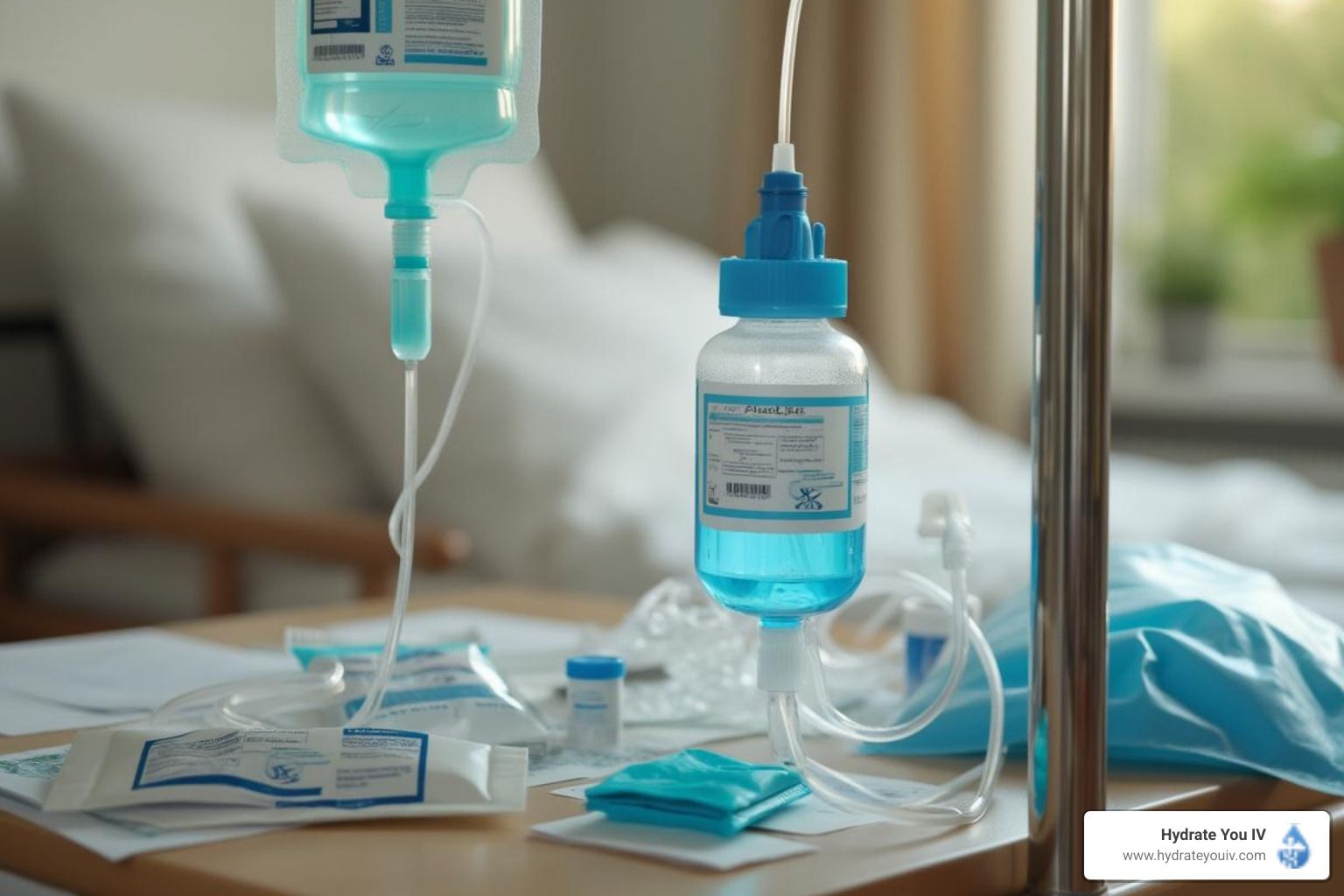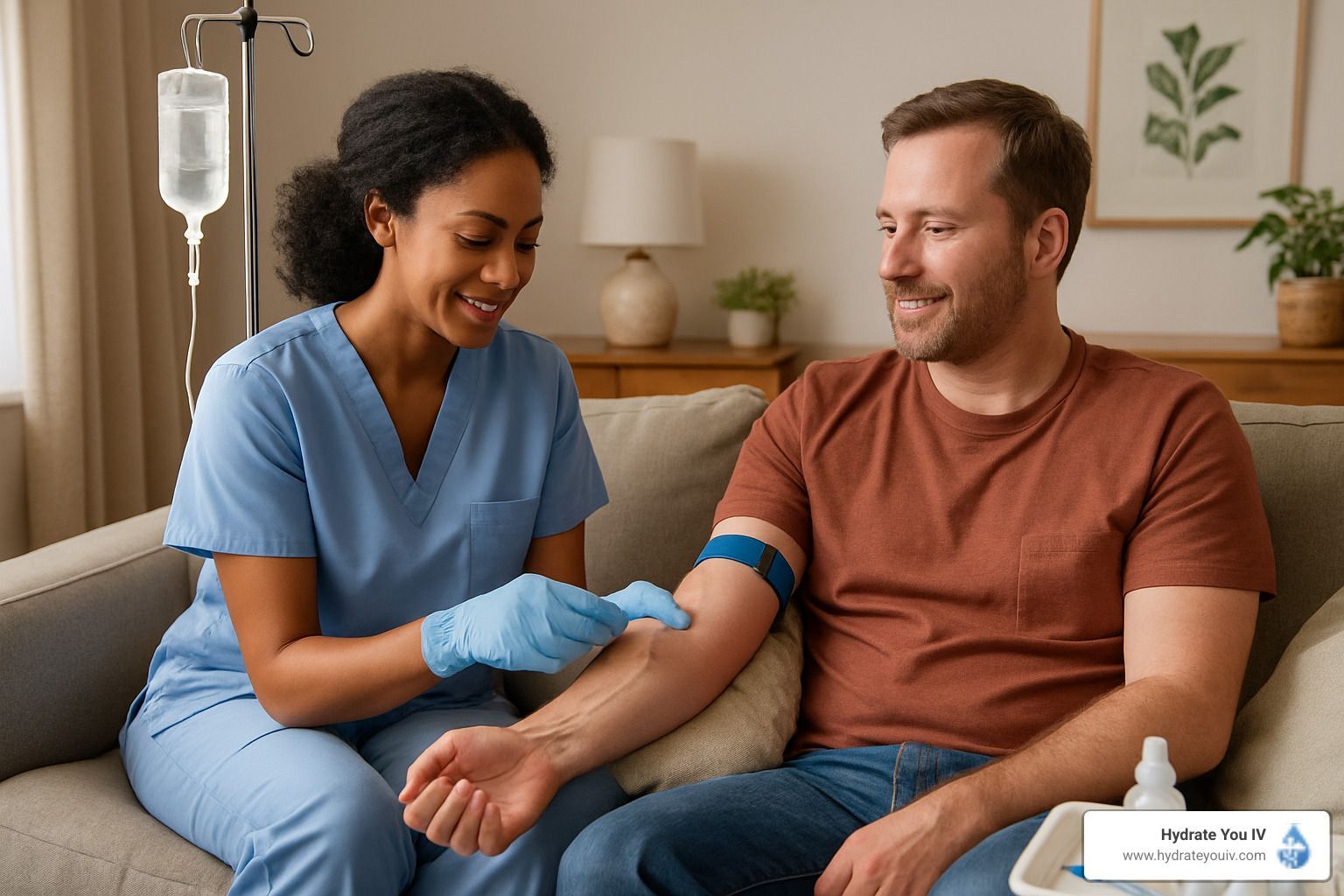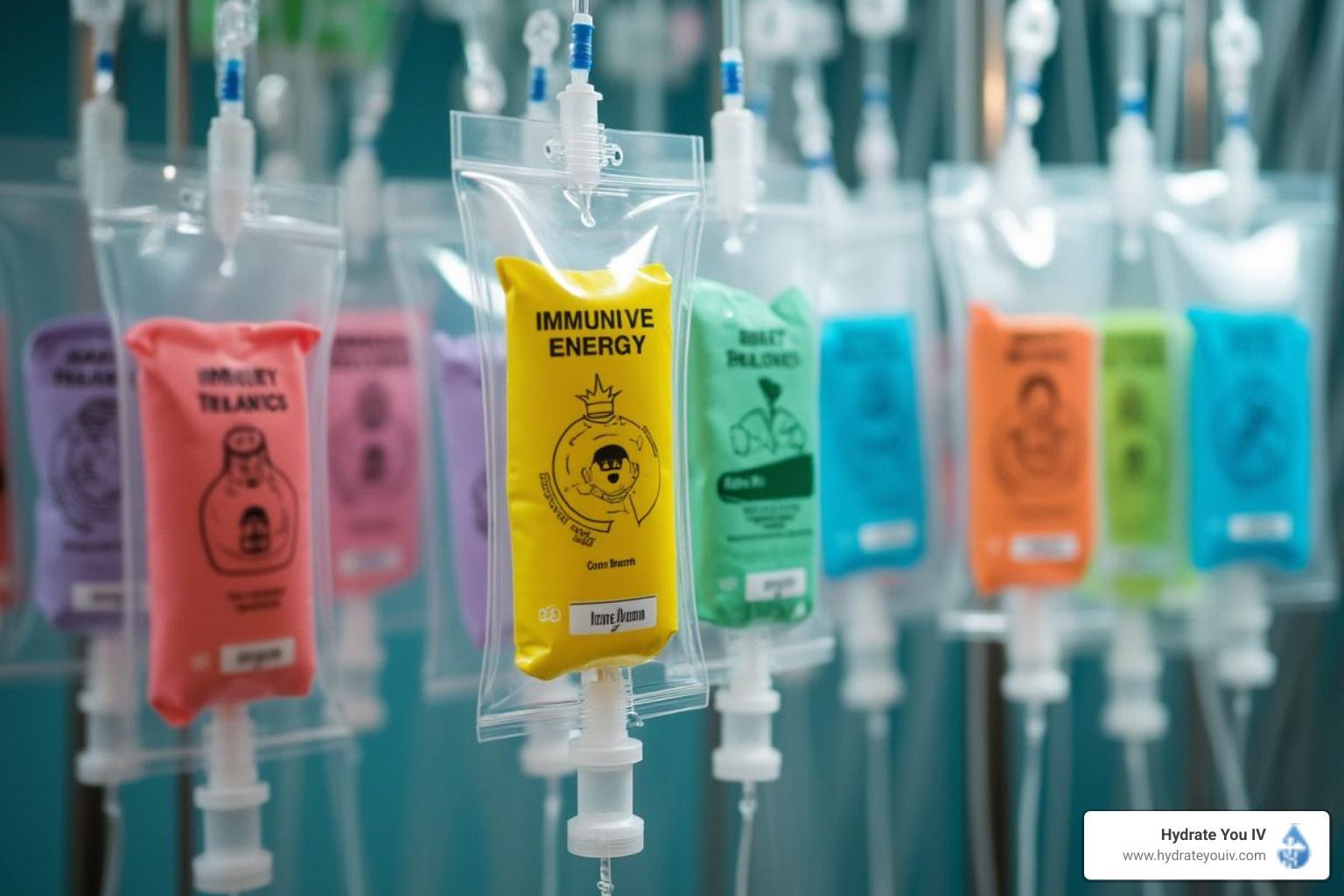IV Infusion Therapy for Cancer Patients: Relief and Support

IV therapy for cancer patients is an effective solution that could ease some of the significant pain and suffering brought on by battling cancer. Cancer is a serious disease that affects the lives of millions of people each year. IV therapy can be very beneficial for cancer patients because it treats symptoms like chronic fatigue, pain, and loss of focus. It is not a treatment for cancer itself, but rather for many of the ancillary symptoms that are associated with fighting the disease. Here's how and why.
How IV Therapies Can Help
IV therapies are helpful for patients at practically any age or stage of cancer. IV infusions help your body fight off toxins that build up in the bloodstream due to chemotherapy treatments. IV infusions also have anti-inflammatory properties which can reduce swelling and soreness caused by side effects from treatment or surgery. It's important to keep yourself healthy during cancer treatment so you're able to recover more quickly once treatment is over.
With IV therapy for cancer patients, you can also expect to see improvements in your quality of life since they help alleviate symptoms like chronic fatigue, pain, and loss of focus. There are several types of IV therapies that each work differently on the body depending on what a patient's needs happen to be at a particular time. You may see an IV infusion for hydration or nutrition if you're losing weight due to cancer treatment side effects. Or you might need specific IV medications based on how advanced your illness is and where it has spread throughout the body.
How to Get IV Therapy For Cancer Patients
To get IV therapy for cancer patients you simply need to find a reputable company or organization that provides treatment services in your area. Hydrate You IV is one of these services and has been providing cutting-edge IV solutions to people for years, including those who suffer from cancer. Getting an IV treatment takes very little time and is painless. It's not particularly invasive and can be done at home while in bed if needed.
People who suffer from cancer need relief, and with IV therapy they can get it without stress. IV therapy for cancer patients is a great way to treat the symptoms stemming from the disease and prevent them from ever occurring in the first place. By getting regular IV treatments, you will see an increase in energy levels, focus levels, pain management abilities, and overall well-being. IV therapies are safe when administered by professionals and do not have any harsh chemical additives that could produce adverse side effects.
Cancer is one of the most devastating, tough diseases to fight, but there are ways to fight it well and reduce negative side effects in the process. With IV therapy, the body can absorb the nutrients it needs quickly and easily, with little to no stress on your organs or digestive system. IV therapies also work very well for those who cannot eat a lot due to their disease.
For more details about IV Therapy for cancer patients click here, or call us by phone directly at (405) 276-4937 (OKC) or (918) 520-1238 (Tulsa). You can also book an appointment directly if you contact us online here.











